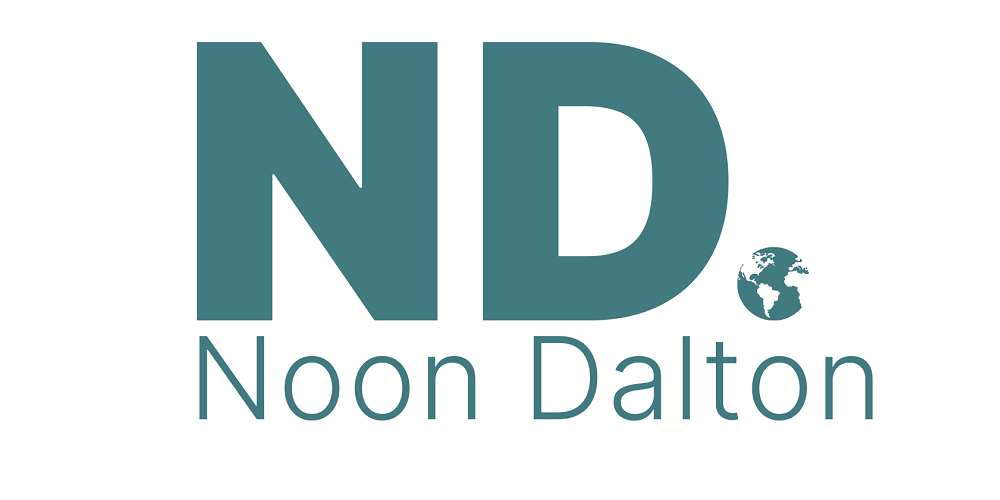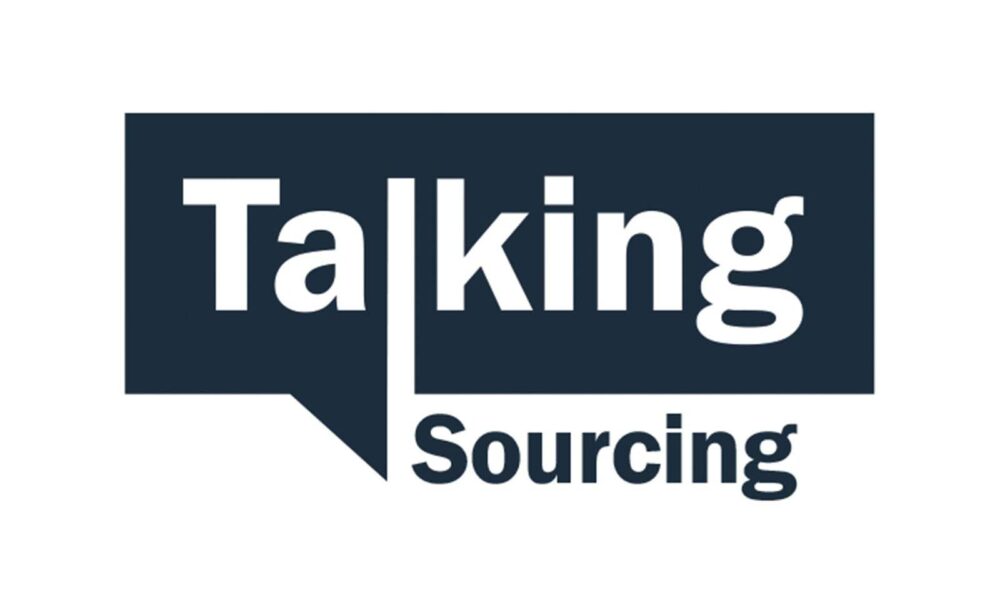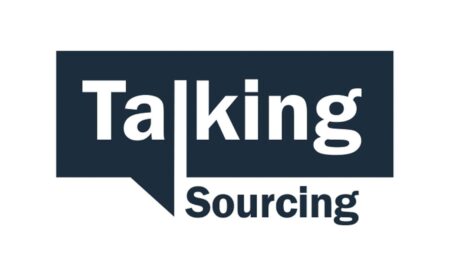Over the past six months, decision-makers have learned that remote working drives solid business benefits. These should not be underestimated. Through the pandemic, remote work has helped many organizations stave off significant operational disruptions in customer experience management. However, the impact that this business model can have on those who are not used to the environment is also apparent. For outsourcers that rapidly adopted work-at-home, considerations around well-being need to be top of mind, both in order to continue delivering commercial benefits and to promote a healthy agent pool.
The rapid shift to work-at-home agents brought on by COVID19 resulted in confusion for a large number of third-party operators, with many quickly moving thousands of agents from the physical contact center into a home-working customer experience delivery environment. Admittedly, there were hiccups for some providers that were perhaps not ready for the breadth of such a Dunkirk-like move, but most players managed this scenario admirably. The response from agents was also generally positive, with many indicating a preference of working from their residences. Within weeks, productivity numbers began moving in the right direction.
However, despite positive noises, a number of concerns related to health and well-being matters have since emerged, specifically related to those agents that are new to a virtual environment,.
Fatigue is setting in with the move to a virtualized working atmosphere. This was highlighted in a recent editorial by former Canadian provincial lawmaker Joseph Facal, in which he identifies the impact of spending significant amounts of at-home work-related screen time on an individual’s well-being. A work computer situated within a matter of meters may be too tempting not to log on for an impromptu shift for some agents. Others may have difficultly prying themselves away for proper breaks or physical activities. Without proper checks, the impact on concentration and overall health can be disastrous.
Equally, there are issues that consider the agent’s emotional well being. Many of these concerns are listed in a recently published article that should have particular resonance for BPO operators, especially those that moved large numbers of agents to support customers from their homes. These symptoms include loneliness, anxiety, stress, and a lack of in-person interaction with co-workers (both from social and professional angles). As the broader workforce faces some (if not all) of these uncertain feelings, it is logical to assume that the same goes for contact center agents working remotely. Outsourcers should act swiftly.
There are a number of things that BPOs can do to reduce the stress of virtual working for their teams that have recently moved home. But, to be clear, virtual water-coolers and online video-enabled dance parties will not on their own suffice. Rather, ongoing communication with team leaders will be crucial in helping understand their work-life balance from home. This goes in lock-step with pervasive education and encouragement around the benefits of pursuing physical or leisure activities that can reduce stress. Online group exercise classes for agents during breaks is just one example that can promote both fitness and team spirit.
It is imperative that outsourcers’ focus not only on the obvious efficiencies that home-working brings to the customer experience table. They must also help agents avoid disengagement, depression, anxiety and physical health issues problems before they start. Doing so will be vital in driving better outcomes over the long-term, and in ensuring a healthy and happy workforce.












